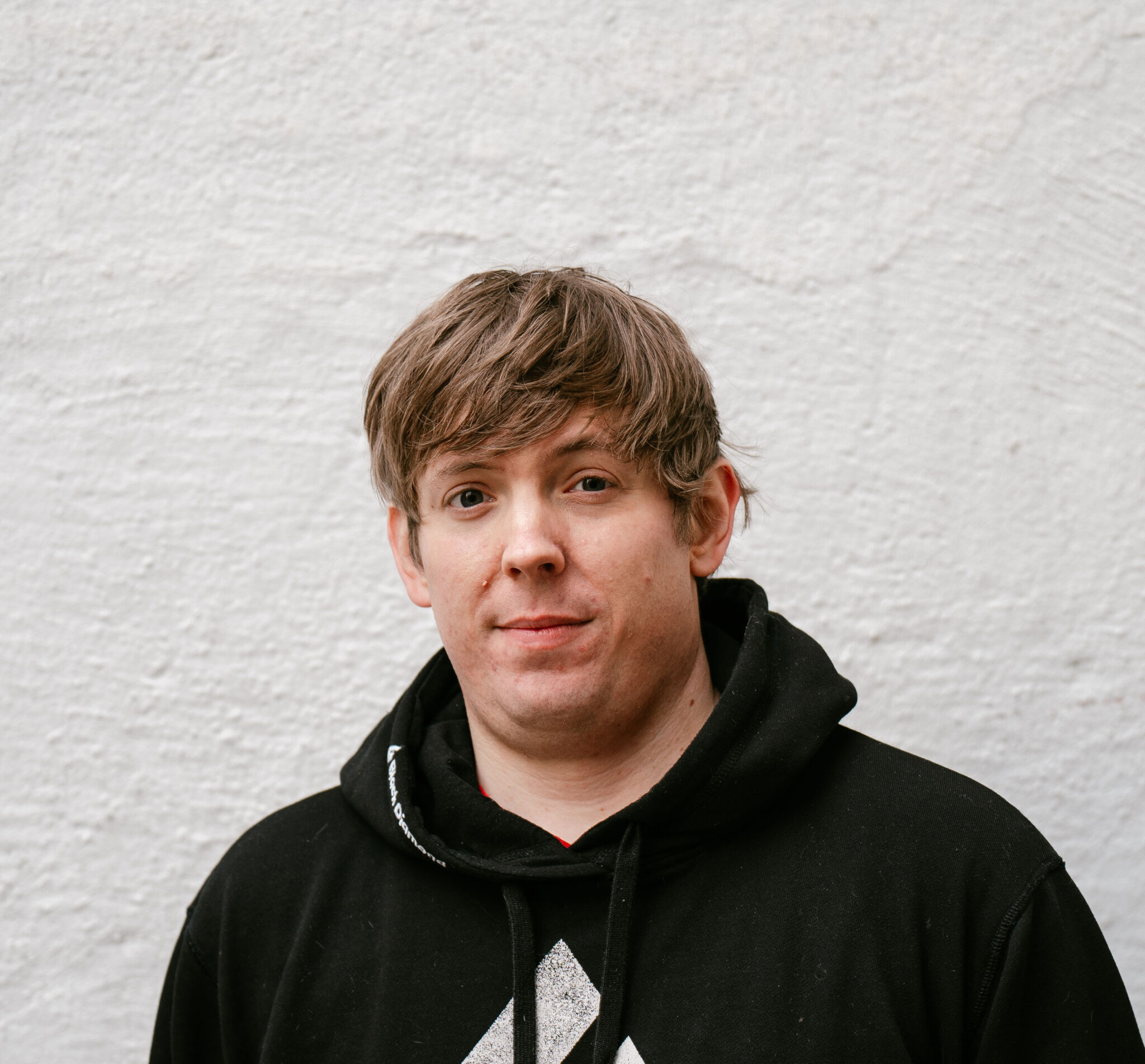
We all probably have a sports memory that we hold especially dear and think back on, not least now when the absence of sports and athletic achievements is so strongly felt. This article is about how one of my strongest sports memories—a small detail—has influenced my way of thinking about digital marketing in general, and SEO in particular. My hope is to inspire you, the reader, to think along the same lines.
The art of seeing and focusing on other needs
Cathy Freeman’s Olympic Gold in the 400m in Sydney in 2000 has gone down in history as a magical moment. Even though Freeman was the favorite to win, she was under enormous pressure as she stepped into the starting blocks. Just two weeks earlier, she had lit the Olympic flame, and at that time, Australia was a country where issues of discrimination and reconciliation between Aboriginal people and Australians were front and center. Cathy Freeman’s Olympic Gold created a moment that everyone in Australia could celebrate together. But the focus here is not the race itself, or the gold medal, but what happened after Freeman crossed the finish line (see minute 10:37 in the clip).
https://www.youtube.com/watch?v=rqio9yoaM6M
After finishing the race, Freeman was given both the Aboriginal and Australian flags to begin her victory lap. However, she barely started celebrating before a photojournalist stumbled and fell to the ground. Few noticed this—if anyone at all.
Cathy Freeman did. She stopped her victory lap to check if the journalist was okay. Despite having made history and becoming an Olympic champion, she didn’t forget the importance of compassion and helping someone who might have been hurt.
So, what’s my point here? What can something that happened 20 years ago after a 400-meter race on the other side of the world teach us about digital marketing and SEO?
I am convinced that in a world that is increasingly self-centered, we can all benefit from shifting the focus away from ourselves at times. It’s easy to focus on yourself or your business without always reflecting on the needs of others.
As an SEO specialist, it’s easy to become fixated on search engines, but it’s just as important—if not more so—to identify the users’ needs to ensure you are answering their search queries in a satisfactory way.
Create solution-focused content
We see that Google is becoming smarter and has improved its ability to interpret content in order to deliver the best answers to specific queries. This naturally places greater demands on site owners to produce better, more tailored content that helps users find solutions to their problems.
A skilled digital marketer must have many tools in their toolbox, but perhaps the most important one is the ability to identify problems and then provide customized solutions. Focusing on creating solution-oriented content and helping visitors is already crucial, and will only become more so as Google perfects its ability to interpret the intent behind our searches.
With the rise of mobile phones and Google’s focus on mobile users, more and more people have turned to Google to solve their problems. People use it to learn new things, make decisions, and get things done, according to a report released by Google back in 2016.
Four years later, in the wake of Covid-19, this behavior has only intensified, as people trust Google highly and turn to it for answers to their questions.
To read the full report, we’ve linked to it here.
In summary, we must shift our focus away from ourselves and, to some extent, even from Google, and instead direct our attention to users and their problems. It’s no surprise that so few noticed the journalist falling in the video—the focus simply wasn’t there. There are so many other things happening around, just like when running a business, especially when things are going well. For it doesn’t matter if we are world champions and the best at what we do if we don’t see and adapt to what other people want and/or need. Sometimes you need to take a step back, pause your victory lap, with the goal of putting users and their needs first. That’s usually when things turn out right—for us, for the visitors, and even for Google.
